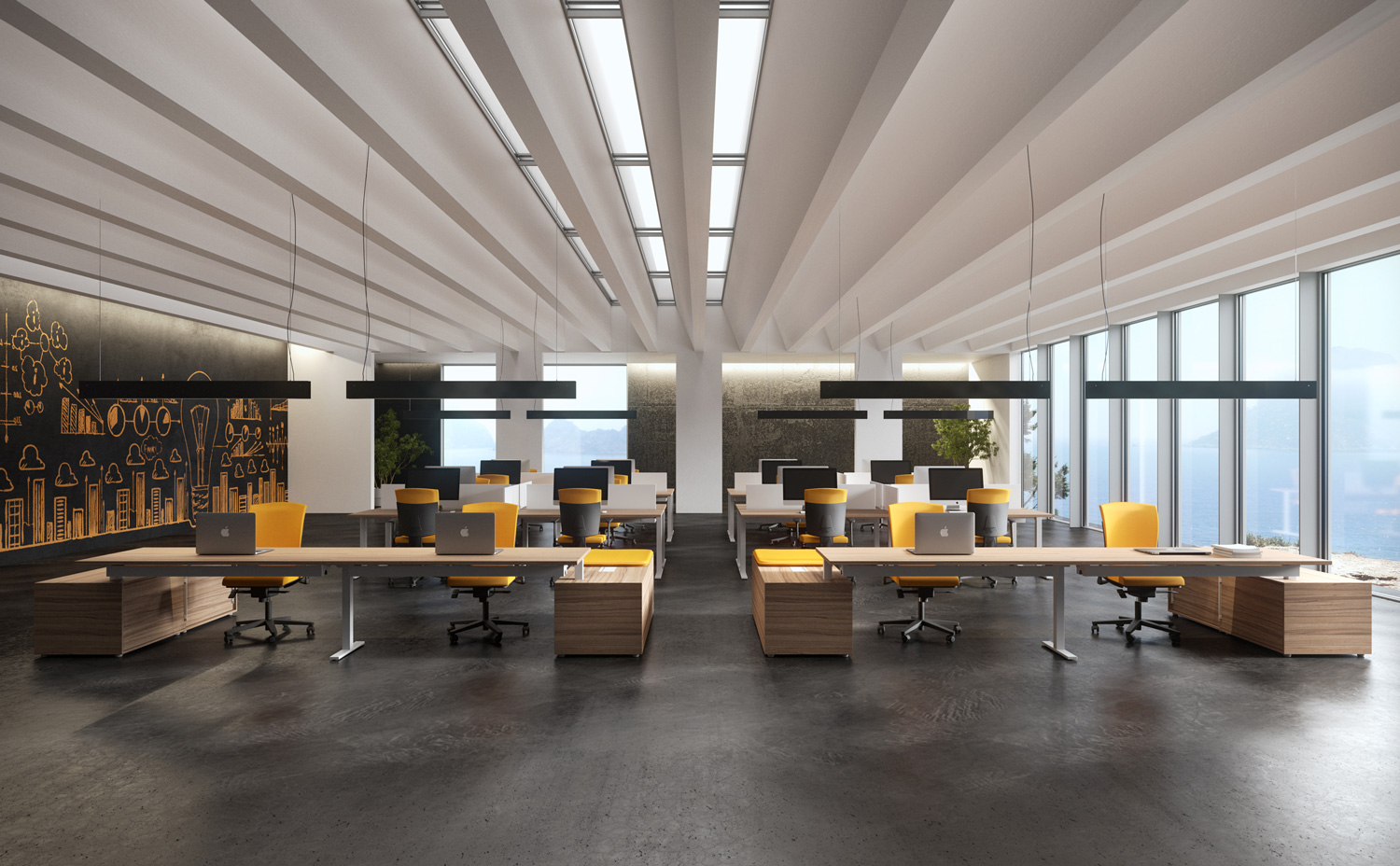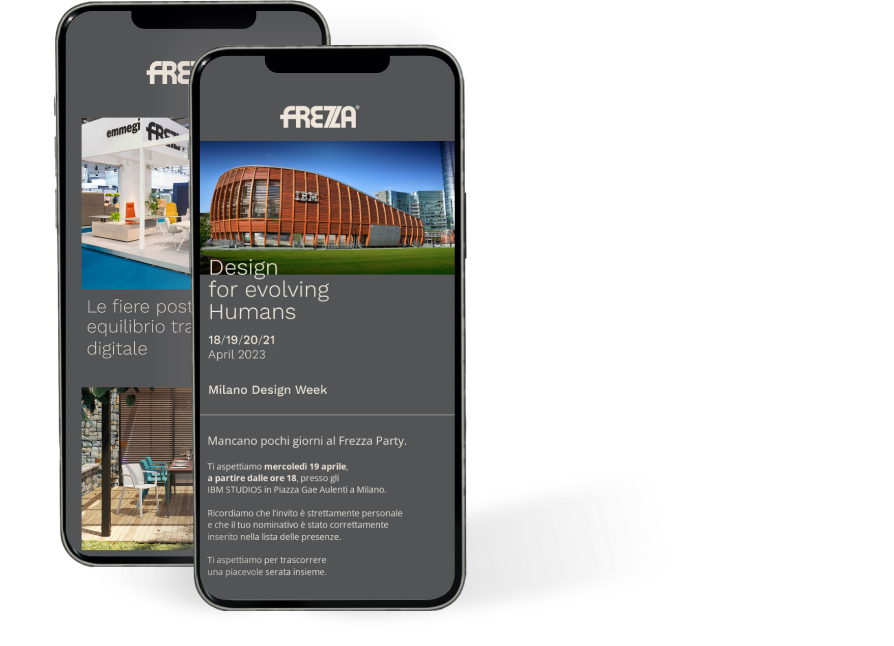Are you really able to concentrate in the office?
If the answer is no, especially if you work in an open-plan space, don’t worry: you’re not alone. Having trouble focusing in this type of environment is a common problem.
Open-plan spaces have been conceived not just to reduce space requirements, but also to improve collaboration between co-workers, boosting their productivity in the process. However, this is something of a double-edged sword: not all activities call for interaction with other people and having too many people around can undermine our concentration.
The successful warrior is the average man, with laser-like focus.
Bruce lee
Let’s start with a basic question: why are you having trouble concentrating enough?
In most cases, the reason falls into two rather simple broad categories:
- people – Requests, chatting, movements. A small action by a fellow worker really puts our ability to concentrate to the test;
- physical factors – Stress, hunger, tiredness, discomfort… If something interferes with our comfort levels, it will also have a negative effect on our focus.

5 strategies for improving our concentration
If we want to concentrate, we need to seriously work on our habits, on how we interact with others and on the objects around us.
A few simple tips can set us on the right path: how many of them are you already putting into practice?
- Recognize the value of taking a break
People who work more are not necessarily more productive, quite the opposite in fact: various studies in recent years have shown a correlation between overworking and health risks. As we might suspect, this translates into more sick days, as well as a general lack of concentration. As we suggested at the beginning of this article, physical factors are one of the main causes of distraction.
However, it’s not all about the number of breaks and how long they are: what matters most is the quality of these minutes of freedom. - Get some fresh air every now and then
The best break is one you take outdoors, better yet, one spent in a natural setting. Did you know that a few minutes spent in contact with nature can help you improve both your focus and memory? - Invest in a pair of headphones
Background noise can become intolerable, especially in an open-plan space. If your job allows it, invest in a pair of noise-cancelling headphones. You’ll find it easier to isolate yourself from what’s happening around you, at the same time discouraging workmates from bothering you. Take care, though, not to use them too often: headphones are a “wall” to your co-workers and, in the long term, could prove a hindrance to collaboration. - Set (yourself and others) flexible limits
How long should a meeting or a phone call last, at the most? How much time should you spend on organizing your work or looking for new creative ideas? How much of your time should you make available for meetings with colleagues? Setting limits for others (where possible) and for yourself (where you have full control) can help you plan your work better, thus making it more efficient, provided you remain flexible.
Do you need to be left alone while you perform a specific task? Block out an appointment on the office’s shared calendar: the others will act accordingly. - Limit distractions
Knick-knacks on your desk (have you read the article on decluttering?), notifications on your phone, tablet or computer: get rid of as many as you can. The fewer “things” you have, the fewer the distractions.
One final tip for everybody? Try not to bother others: well begun is half done!

